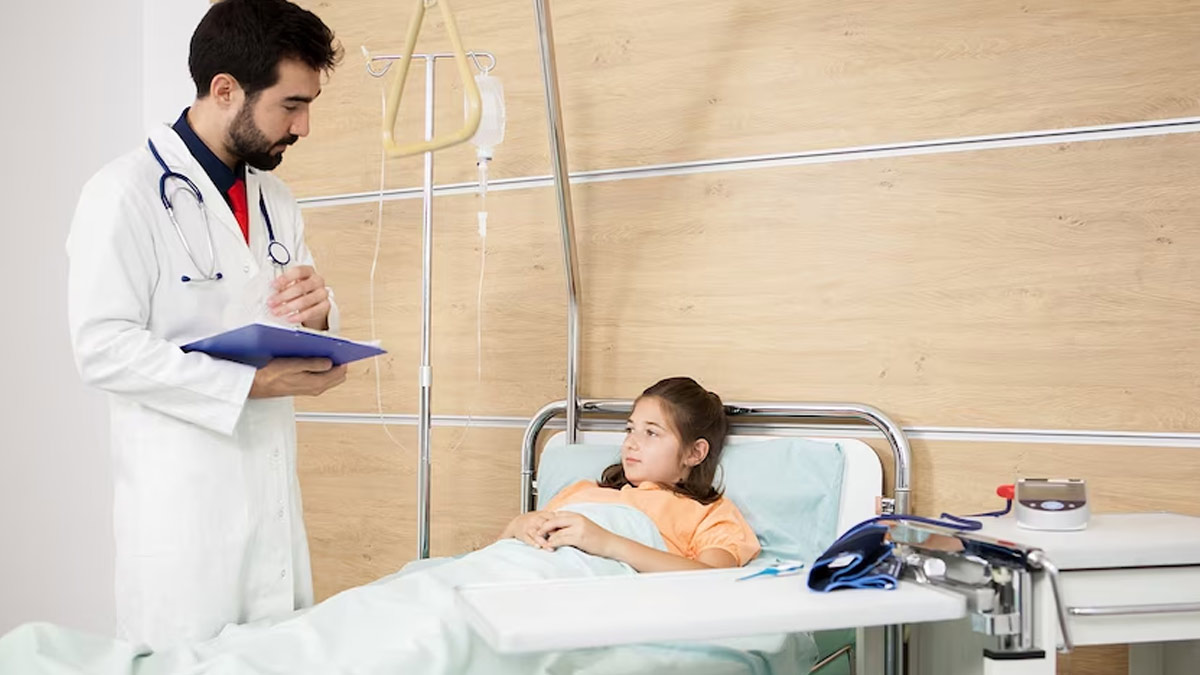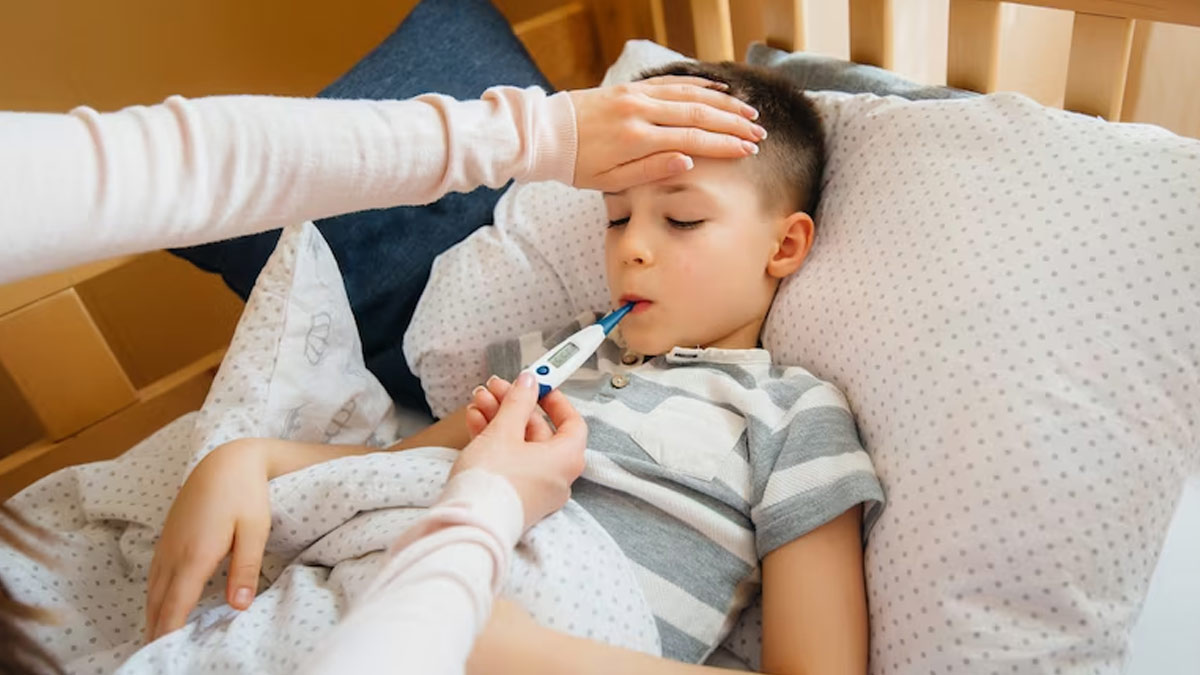

Dengue cases have been shattering records this year in North India. As per data provided by the Municipal Corporation of Delhi (MCD), 190 dengue cases have been reported in Delhi till July 22, the highest since 2018, when 49 dengue cases were reported in the same period. Dengue has also raised alarm in the neighbouring cities of Ghaziabad and Noida, reaching 226 and 180 cases respectively, yesterday.
Unfortunately, this deadly viral has also grasped children, as hospitals in Noida reported that they have been consulting at least five to seven cases of paediatric dengue per week. This is a cause for concern, especially for parents of infants, as the CDC has suggested in their ‘Your Infant Has Dengue’ advisory that detecting dengue in an infant may be difficult.
Initiatives of Government Hospitals Against Dengue

Resonating this sentiment, and responding to the emergency of the uprising dengue cases, the District Combined Hospital (DCH) in Sector 39, Noida has 50 beds in the dengue ward and has reserved over 240 beds for dengue cases in other wards of the hospital.
Meanwhile, in Ghaziabad, the youngest dengue patient is six years old, and the eldest is a 66-year-old man from Vijay Nagar. The District Combined Hospital in Sanjay Nagar, Ghaziabad has reserved 12 beds, of which three are occupied, and the MMG Hospital, Ghaziabad has 15 beds for dengue patients with five occupied.
Also Read: 9 Tips To Maintain Platelet Count Amid Dengue Surge
This upsurge in dengue cases is being attributed to record-breaking rain this year, with several areas of Delhi-NCR being flooded. Delhi Mayor Shelly Oberoi also inspected Delhi hospitals to check on cases of dengue and other infectious diseases that prevail during monsoon. She further instructed the sanitation department to carry out a cleanliness drive and informed other concerned departments to take all necessary measures against mosquito breeding.
How Can Parents Tackle Dengue In Infants?

Doctors have informed that symptoms of dengue in adults are quite similar to paediatric patients. The CDC advised parents to consult a healthcare provider immediately if they witness the following symptoms in their child, along with a fever of 96.8°F:
- Sleepiness, lack of energy, or irritability
- Rash
- Unusual bleeding (gums, nose, bruising)
- Vomiting (at least three times in 24 hours)
- Diarrhoea
- Persistent fever after the third or fourth day
If your child is diagnosed with dengue, and you have to take care of them at home, give them daily sponge baths to bring down their fever. A high fever might be necessary to kill the harmful virus wreaking havoc in your child’s body, but it is also detrimental to their organs, especially the brain and can hinder development. You have to make sure that you are keeping your child hydrated as well. Give them plenty of fluids such as water or electrolyte drinks. In case you notice signs of dehydration, such as parched lips, dizziness, or trouble swallowing, seek medical attention immediately.
Also Read: 8 Dengue Prevention Tips You Should Follow This Monsoon Season
The medical community has also strictly warned against the abuse of antibiotics, especially in children. Last week, the Delhi government’s Department of Drugs Control asked chemists to avoid the sale of specific antibiotics without the prescription of a registered medical practitioner. The retail chemists have been guided to keep a record of painkiller drugs being sold through their outlets.
Although the news of rising cases of dengue might make you anxious, awareness about this infectious disease, educating yourself on dengue-appropriate precautions, and keeping your child’s immunity up through a balanced diet and age-appropriate physical and mental exercises, can ensure that your kids are in safe hands.
اكتشاف المزيد من ينبوع المعرفة
اشترك للحصول على أحدث التدوينات المرسلة إلى بريدك الإلكتروني.
